Buying a Condo: A Comprehensive Guide for Condo Buyers in Alberta
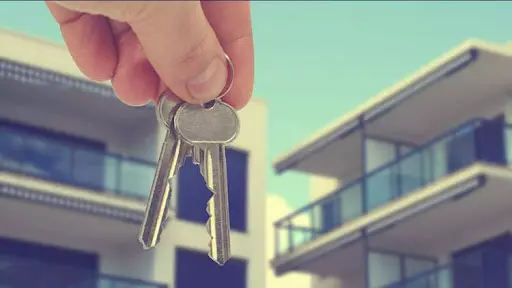
Buying a condo can be an exciting step towards homeownership, especially for those seeking a low-maintenance lifestyle or urban living. However, the process involves several unique considerations compared to purchasing a single-family home. In Alberta, where real estate dynamics can vary significantly between cities like Calgary and Edmonton and rural areas, it's crucial to be well-informed. Here’s a comprehensive guide on what to focus on and watch out for when buying a condo.
1. Understand the Condo Market
Research the Local Market: Alberta’s condo market can differ widely depending on the region. For instance, Calgary and Edmonton might have different trends, prices, and demand dynamics. Start by researching recent sales in the area you’re interested in to get a sense of the market conditions. Look at factors like average price per square foot, average days on market, and the types of amenities offered.
Evaluate the Developer’s Reputation: If you’re considering buying a new or pre-construction condo, research the developer’s track record. Look into their history of project completion, quality of construction, and any past issues with buyers. Reviews from previous buyers and industry ratings can provide valuable insights.
2. Assess the Condo’s Location
Proximity to Amenities: Consider the location’s convenience. Proximity to amenities such as grocery stores, public transportation, schools, and recreational facilities can greatly affect your quality of life. For urban dwellers, being close to work or entertainment options might be a priority.
Neighborhood Safety: Investigate the safety of the neighborhood. Look up crime statistics, visit the area at different times of day, and talk to current residents if possible. A safe and vibrant neighborhood is crucial for long-term satisfaction.
Future Development Plans: Check for any future development plans in the area. Upcoming projects, such as new commercial developments or infrastructure changes, can affect property values and your living experience. Consult local planning departments or community boards to get this information.
3. Examine the Building’s Condition
Building Age and Maintenance: Assess the age of the building and its maintenance history. Older buildings may have charm but could require more upkeep. Look for signs of regular maintenance and renovations. A well-maintained building often indicates proactive management.
Structural and Cosmetic Issues: When visiting the condo, look for any signs of structural issues such as cracks in the walls or ceilings, water damage, or uneven floors. Cosmetic issues might not affect the building’s integrity but can impact your enjoyment of the space.
Common Areas: Pay attention to the condition of common areas like the lobby, hallways, and amenities. Well-maintained common areas often reflect a well-managed building.
4. Review the Homeowners Association (HOA)
HOA Fees and What They Cover: Understand the monthly HOA fees and what they include. Fees typically cover maintenance of common areas, amenities, and sometimes utilities. Ensure you know exactly what is included and what additional costs you might be responsible for.
Financial Health of the HOA: Request access to the HOA’s financial statements and reserve fund status. A financially healthy HOA is essential for maintaining the building and covering unexpected repairs. Avoid condos with HOA boards that are experiencing financial difficulties or have a low reserve fund.
Rules and Regulations: Review the HOA’s rules and regulations. These guidelines cover everything from pet policies to noise restrictions. Make sure these rules align with your lifestyle and preferences.
5. Evaluate the Unit Itself
Layout and Space: Consider the unit’s layout and how well it suits your needs. Think about storage space, the flow of the living areas, and the overall functionality. Ensure that the unit has enough space for your belongings and meets your daily needs.
Natural Light and Ventilation: Check the unit’s natural light and ventilation. Well-lit and well-ventilated units generally offer a better living experience. Look for windows, balcony access, and the direction the unit faces to ensure it gets ample light and fresh air.
Noise Levels: Pay attention to potential noise issues. Visit the unit at different times of day to gauge noise levels from neighbors, traffic, or nearby businesses. Noise can be a significant factor in your overall comfort and enjoyment of the condo.
6. Inspect the Condo’s Systems and Features
Plumbing and Electrical Systems: Ensure that the plumbing and electrical systems are in good condition. Check for any signs of leaks, water damage, or faulty wiring. Request a professional inspection if needed.
Heating and Cooling Systems: Assess the condition of the heating and cooling systems. In Alberta, where temperatures can vary significantly, a reliable HVAC system is essential for comfort throughout the year.
Appliances and Fixtures: Examine the condition of appliances and fixtures included with the unit. Ensure that they are in good working order and that any warranties are transferable.
7. Understand the Legal Aspects
Condo Documents: Review all relevant condo documents, including the condo declaration, bylaws, and rules. These documents outline the rights and responsibilities of unit owners and the management of the building.
Insurance Coverage: Verify the insurance coverage for the building and the unit. Understand what is covered by the building’s insurance and what you need to cover with your own policy. Typically, building insurance covers common areas and structural issues, while you are responsible for insuring your personal property and interior.
Resale Value: Consider the potential resale value of the condo. While it’s challenging to predict future market conditions, buying in a desirable location and a well-managed building can enhance your condo’s resale value.
8. Get Professional Advice
Hire a Condo Document Reviewer: A knowledgeable and professional condo document reviewer can offer valuable insights and help you navigate the buying process. There is no better way to get a full understanding of the inner workings of the building and condo corporation, and all buyers interested in purchasing a condo should consult one.
Consult a Lawyer: Before finalizing your purchase, it’s wise to consult a real estate lawyer. They can review contracts, ensure that all legal aspects are in order, and protect your interests throughout the transaction.
Conclusion
Buying a condo in Alberta requires careful consideration and due diligence. By focusing on the factors outlined above—market conditions, location, building condition, HOA details, unit specifics, systems and features, legal aspects, and professional advice—you can make a well-informed decision and find a condo that suits your lifestyle and investment goals.
Remember, a condo purchase is not just about finding a place to live but making a sound investment in your future. Taking the time to thoroughly research and evaluate each aspect will help ensure a successful and satisfying purchase. Happy condo hunting!
Categories
Recent Posts
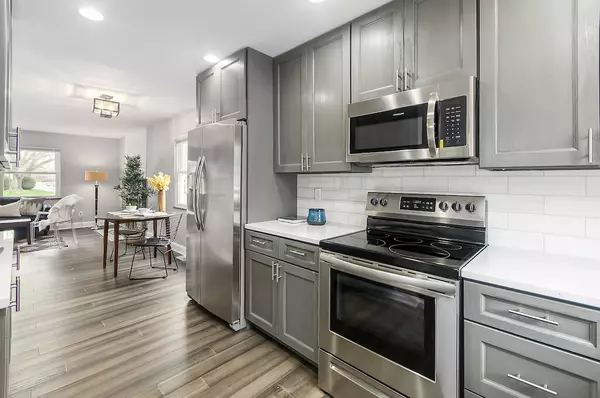
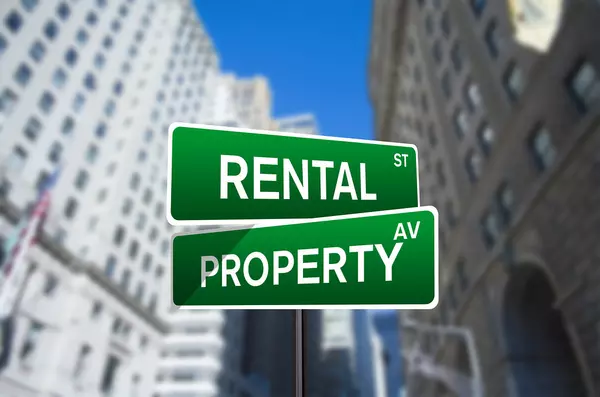
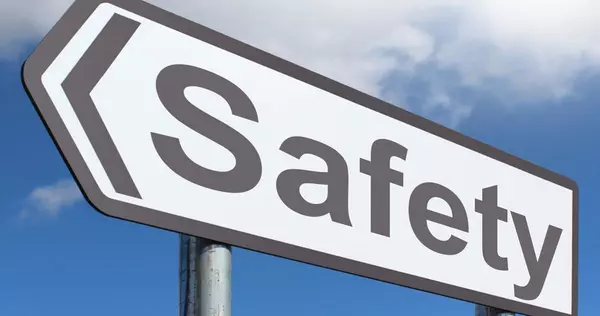
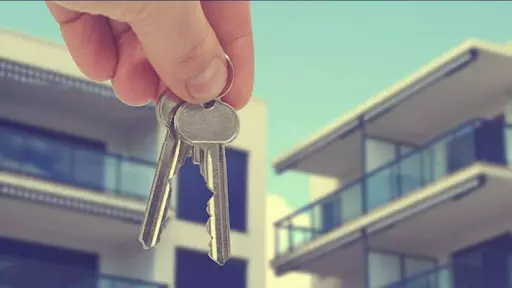
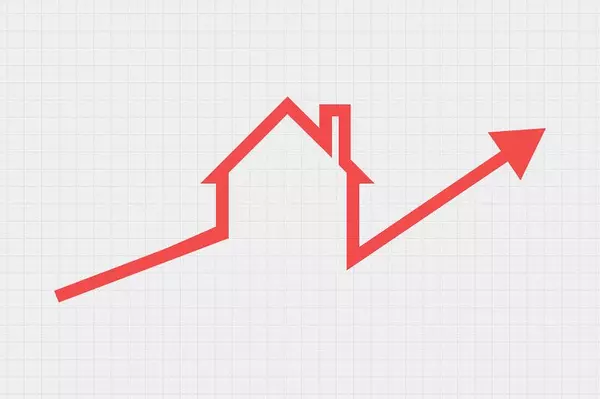
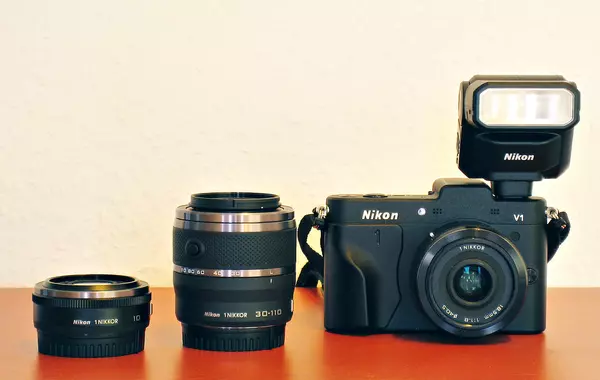


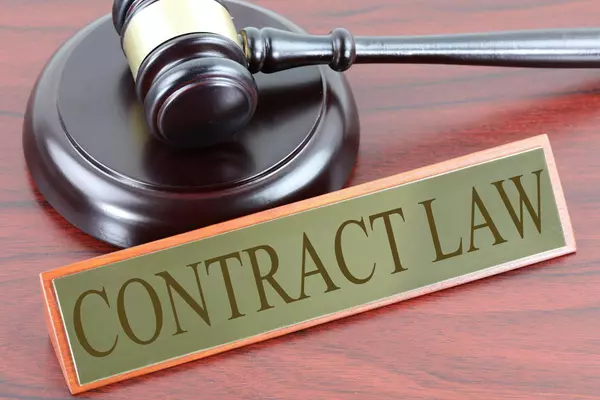

CONTACT ME FOR MORE INFORMATION
